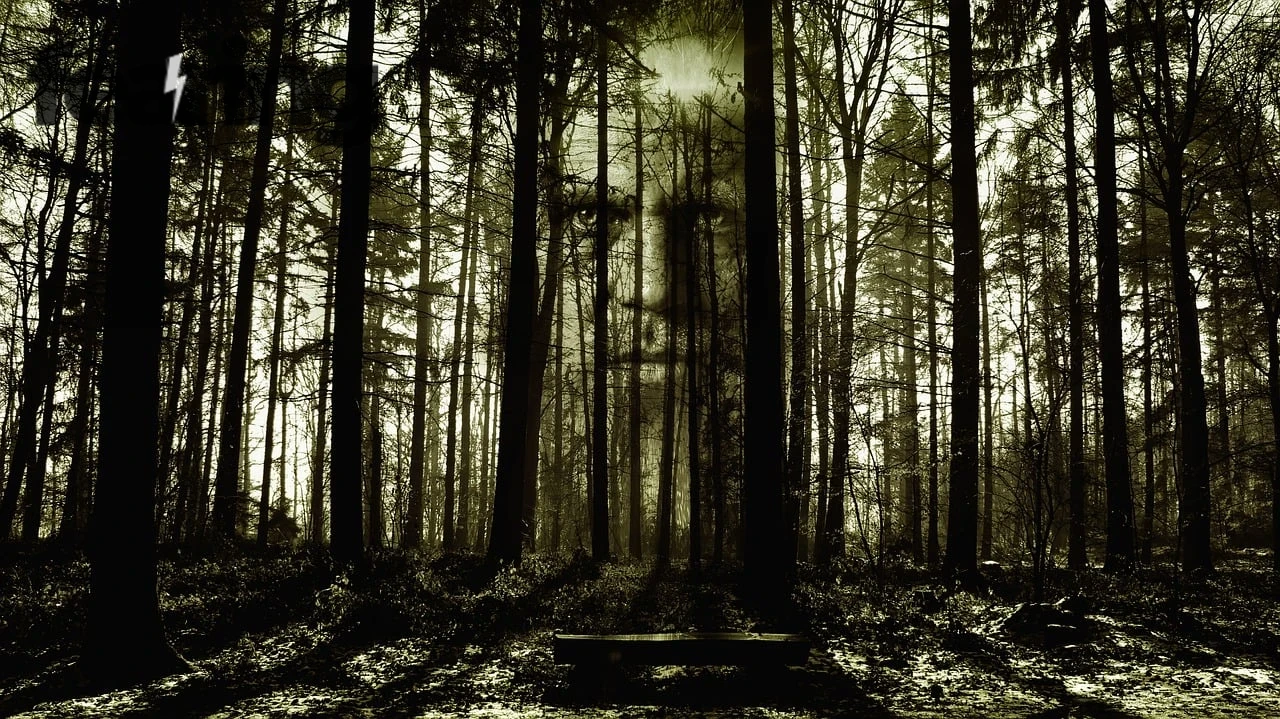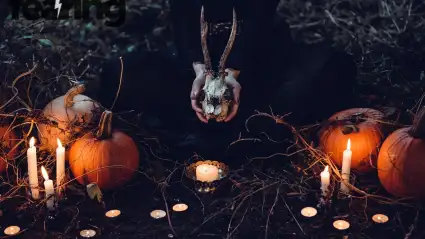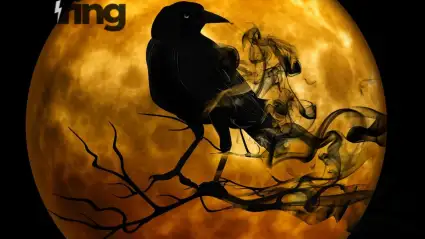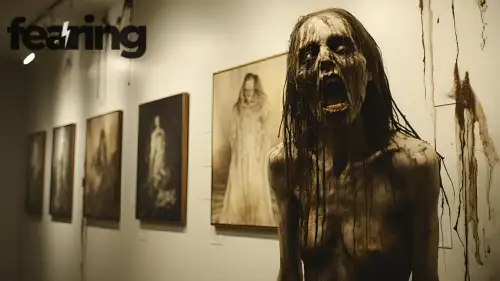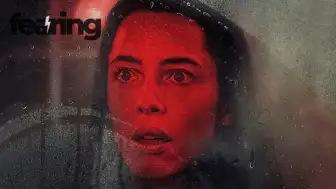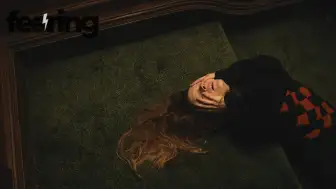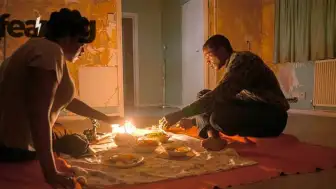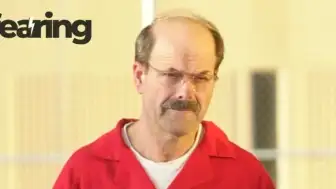Haunted Castles You Can Explore in Europe reveal a side of the continent that blends beauty, legend, and fear. These centuries-old fortresses echo with the memories of monarchs, battles, and whispered tragedies. In 2025, travelers increasingly seek experiences that mix cultural history with the supernatural — and Europe remains the world’s most enchanting stage for ghostly tales.
Historian Dr. Mary Roach explains, “Every European castle is a time capsule. Some preserve art, others preserve emotion — and that’s what we call haunting.”
Why Europe’s Castles Hold Ghostly Reputations
Europe’s long and turbulent past — wars, revolutions, and royal intrigue — provides fertile ground for legends. Many castles served as prisons, battle sites, or places of execution, leaving behind a reputation that lingers as strongly as the stone walls themselves.
According to The European Heritage Travel Report 2025, visits to “haunted heritage” sites have increased by 27% in the past three years, as more tourists look for emotional storytelling over traditional sightseeing. Sociologist Dr. Helen Fisher attributes this rise to “a growing desire for connection — travelers want to feel something, not just see it.”
Europe’s Most Infamous Haunted Castles
Here are some of the continent’s most famous haunted castles — real places where history and mystery meet.
| Castle | Country | Notable Haunting | Era Built |
|---|---|---|---|
| Edinburgh Castle | Scotland | Phantom piper and ghost drummer | 12th century |
| Château de Brissac | France | “Green Lady,” spirit of Charlotte de Brézé | 11th century |
| Houska Castle | Czech Republic | Gateway to “Hell,” strange winged creatures | 13th century |
| Bran Castle | Romania | Linked to Vlad the Impaler (Dracula legend) | 14th century |
| Leap Castle | Ireland | “Elemental” spirit and Bloody Chapel hauntings | 15th century |
| Burg Eltz | Germany | Ghost of medieval knight seen in armor | 12th century |
| Predjama Castle | Slovenia | Haunted by knight Erazem Lueger | 13th century |
| Poveglia Island Fort | Italy | Echoes of plague victims and mad doctors | 18th century |
| Chillingham Castle | England | Blue Boy apparition in the Pink Room | 12th century |
| Dragsholm Slot | Denmark | White Lady and Earl of Bothwell’s spirit | 13th century |
Folklorist Evelyn Chase comments, “Legends endure not because they’re provable, but because they make us feel the passage of time.”
The Science Behind the Fear
Paranormal researchers suggest that the chill people feel in haunted castles may have natural explanations. Thick stone walls retain cold air, and low-frequency vibrations known as infrasound can induce unease. Drafts, candle flickers, and echoing chambers can trick the brain into perceiving movement or whispers.
Neuroscientist Dr. Olaf Blanke from EPFL explains, “A haunting begins where perception fails — our brains create meaning from sensory confusion.” Yet he concedes that not all experiences fit the model, leaving a tantalizing space for the unexplained.
Technology Meets Medieval Walls
Modern investigators combine ancient settings with 21st-century science. Infrared cameras, electromagnetic field meters, and AI-based sound analyzers are now standard tools in castle investigations.
| Tool | Function | Common Use in Castles |
|---|---|---|
| Thermal Cameras | Identify temperature drops | Detect “cold spots” in corridors |
| EMF Detectors | Measure magnetic fluctuations | Check for hidden wiring or anomalies |
| EVP Recorders | Capture mysterious voices | Used during guided night tours |
| Full-Spectrum Cameras | Record visible and invisible light | Essential in low-lit dungeons |
| AI Audio Filters | Remove noise from recordings | Enhance clarity for EVP analysis |
Engineer Marina Lopez says, “AI has given ghost hunting data — but interpretation still belongs to humans.”
Cultural Meanings of Haunted Castles
Across Europe, haunting stories reflect each nation’s cultural identity.
Scotland: Ghosts often symbolize loyalty or unfinished duty.
France: Romantic tragedy dominates — many spirits are lovers or betrayed nobles.
Romania: Superstition merges with folklore, blending vampiric myths with real history.
Ireland: Castles represent family legacy and ancestral protection.
Italy: Hauntings often serve as moral warnings rooted in Catholic tradition.
Anthropologist Dr. Sarah Bartlett explains, “Haunted Castles are not just scary places — they are moral theaters. They teach lessons about love, power, and loss.”
Haunted Tourism: Business Meets Legend
Europe’s tourism boards now actively promote ghost tours as part of cultural heritage. Halloween festivals at castles like Chillingham and Bran attract thousands annually. According to the World Travel Market Report 2025, the haunted tourism sector contributes over €2.6 billion to Europe’s economy each year.
Travel consultant Lena Ortiz observes, “It’s not exploitation — it’s preservation. Storytelling keeps these sites alive and funds their restoration.”
At Bran Castle, visitors can join nighttime tours by candlelight; at Leap Castle, owners personally recount their family’s ghost stories. In Scotland, specialized “Paranormal Packages” combine historical lectures with overnight stays.
The Emotional Impact of Visiting
Tourists often describe a strange mix of fear and reverence. Rather than being terrified, many report a sense of awe or sadness — as if sharing space with history’s residue.
Psychologist Dr. Chris French explains, “When you stand in a haunted place, your brain activates empathy. You feel what might have been felt there.”
Traveler Elena Rossi, after visiting Château de Brissac, said, “It wasn’t scary. It was beautiful — like history breathing beside you.”
Responsible Exploration
Exploring haunted castles comes with responsibility. Heritage experts urge visitors to treat these landmarks as living museums rather than ghost-hunting arenas. Follow these principles for ethical visits:
Respect Restricted Areas: Many sections are structurally fragile or sacred.
Avoid Provocation: Don’t challenge or mock legends — cultural beliefs deserve dignity.
Use Equipment Carefully: Drones and sensors should not damage historic interiors.
Support Preservation: Buy tickets or donate — funds help maintain centuries-old structures.
Stay Skeptical but Curious: Enjoy the mystery without assuming or dismissing too quickly.
As heritage conservator Ibrahim Kaya puts it, “A haunted castle is still a castle — it demands respect before belief.”
Why Haunted Castles Continue to Captivate
Haunted castles embody everything that defines Europe: deep history, layered culture, and imagination. Whether ghosts exist or not, they connect the living with stories too powerful to die.
Astrophysicist Neil deGrasse Tyson once said, “The universe is full of ghosts — we just call them memories.” In Europe’s castles, those memories still walk the halls.
FAQ
Q1: Can you stay overnight in haunted castles?
A1: Yes. Several sites such as Chillingham, Bran, and Leap Castle offer overnight experiences or guided night tours.
Q2: Which castle is considered the most haunted in Europe?
A2: Many name Leap Castle in Ireland for its violent history and countless reported apparitions.
Q3: Are castle hauntings scientifically verified?
A3: No. Most evidence is anecdotal or environmental, though studies on perception and infrasound provide plausible causes.
Q4: What’s the safest way to explore haunted castles?
A4: Join official tours led by guides; never enter closed areas or visit at night without permission.
Q5: Why are haunted castles so popular with tourists?
A5: They combine architecture, history, and storytelling — offering emotional depth rarely found in modern travel.
Sources
World Travel Market Report 2025
European Heritage Travel Report 2025

